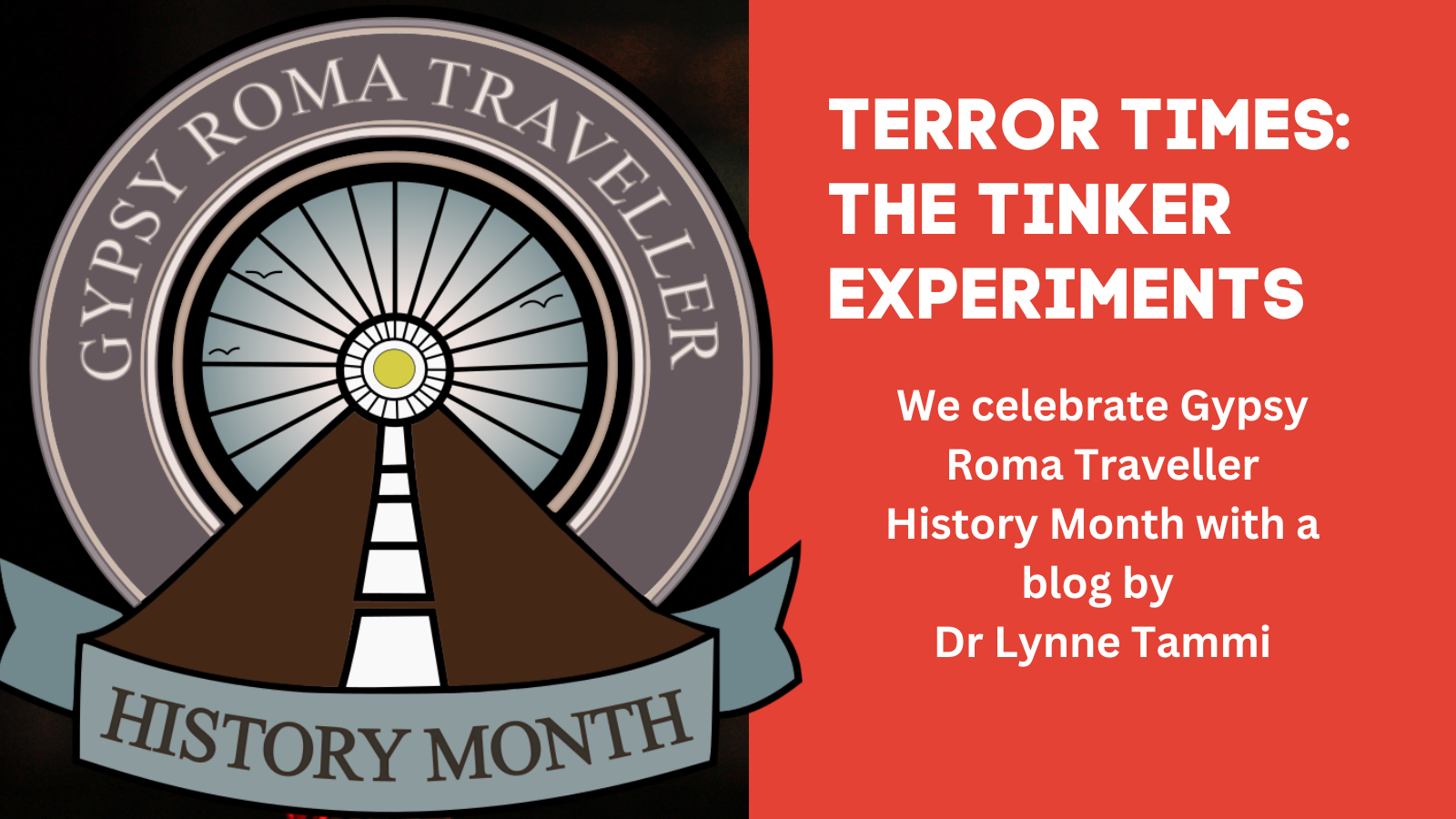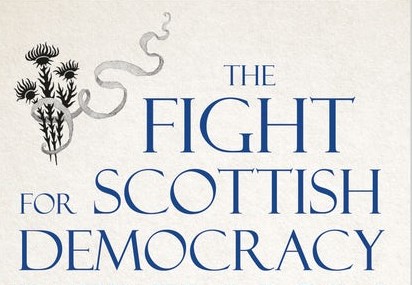By Dr Lynne Tammi
On 20th May 1895 George Otto Trevelyan, the then Secretary of State for Scotland, laid before parliament the report of The Departmental Committee on Habitual Offenders, Vagrants, Beggars, and Inebriates in Scotland. Almost eight hundred pages in length the report made wide ranging and far reaching recommendations particularly on how best to ‘deal’ with Scotland’s Gypsy Traveller community, referred to in the report as Tinkers.
The evil is increasing, to my knowledge, and has been for 10 or 12 years. […] The object of the Committee, I think, might be to try to get these tinkers absorbed in the labouring population, and I think that might be done, so to speak, by driving them into the villages […] and the whole tinker clan thus gradually brought into association with the other labourers.
My object is to have them extirpated as a class, and absorbed in the labouring population. That is the purpose I have in view. I think it is absolutely necessary, and should be done (Wm. Mitchell, 1895, Report from the Departmental Committee on Habitual Offenders Vagrants Beggars Inebriates and Juvenile Delinquents).
Recommendations such as the above would become the blueprint for the enforced assimilation and attempted extirpation of Scotland’s nomadic people, a practice that came to be known as the Tinker Experiments.
A practice that saw families being forcibly ‘settled’ in housing experiments consisting of substandard Nissan huts in inaccessible areas with no running water or electricity and insulated with asbestos and their children put into segregated ‘Tinker Schools’. From Campbeltown to Wick, these housing experiments ran the length and breadth of the country and whilst most have now fallen into disrepair some, such as the Bobbin Mill site in Pitlochry, remain, with descendants of the original families settled still residing there.
And, for those who escaped the housing experiments and continued their nomadic practices, the removal of children into the care of children’s charities such as Quarriers and Barnardo’s then trafficked on to the colonies into indentured servitude or, in the case of girls, as wives for settler men became a very real threat. A threat, and indeed a reality, that continued into the 1970s.
Back in those days, there was a price on the head of Gypsy Traveller children. Charities were paid between eleven and thirteen pounds per trafficked child with bonuses available to charities that could provide large volumes of children. The State’s charity of choice in terms of ‘value for money’ was Quarrier’s, “We must not pass from the subject without reference to the excellent work done at Mr. Quarrier’s Orphan Homes […] while each Industrial School inmate costs the State about £13 per annum, the total cost at Mr Quarrier’s Homes including outfit and emigration expenses, is only between £11 and £12 per head” (Annex B, The Departmental Committee on Habitual Offenders, Vagrants, Beggars, and Inebriates in Scotland).
Many of the children trafficked were told that their parents had died or that they did not want them and consequently those that survived the indentured servitude lost all connection to the family they had left behind and many families still have no knowledge of where their children were trafficked to or what fate they suffered. An estimated 2,400 Gypsy Traveller children were trafficked to the colonies, Canada in particular. Not all have been traced. The recent discovery of 72 unmarked graves in the vicinity of the ‘holding home’ in Brockville, Ontario may be the reason why.
Over several decades, a number of attempts have been made to achieve recognition and reparation by way of an official apology for the impact the Tinker Experiments had, and continue to have, on the families forcibly settled or those who had children trafficked to the colonies. Successive governments have demonstrated at best a reluctance to accept responsibility (it is not for the Scottish Government to make an apology for the (historical) actions of the Westminster government) and at worst a complete disregard for the (intergenerational) trauma (citing a lack of evidence of such).
This comes despite the fact that a precedent has been set by way of an ‘historical’ apology to the Witches of Scotland and that the effects of intergenerational trauma are well documented in descendants of refugees, residential school children (First Nations Children in Canada) and Holocaust survivors. Thus, demonstrating that the impact of traumatic actions or events – in this case the attempted extirpation and/or enforced assimilation of Gypsy and Traveller children via trafficking – continues to impact populations, for generations. An impact which can manifest physically (autoimmune conditions and so on) and/or emotionally (such as inability to form lasting personal relationships, low self-esteem and mental ill-health). Conditions that can be found in many Tinker Experiment victims.
Indigenous communities from across the world view a formal apology as a recognition of their pain and suffering, the beginning of a healing process and the opportunity to create transgenerational trauma free futures. Governments across the world recognise this truth and have given a formal apology and offered trauma informed support and reparation. If current generations of Gypsy and Traveller families in Scotland who were impacted by similar traumatic actions and events are to heal sufficiently to work towards the creation of transgenerational trauma free futures, they too must be given a full apology with any and all reparation necessary to heal and move forward as equal citizens of Scotland.







